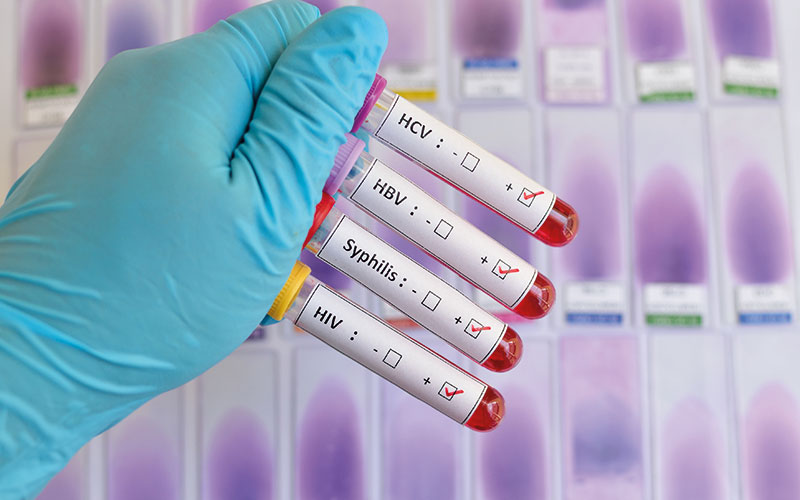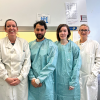Screening and testing for sexually transmitted infections (STIs) in the US decreased by 63% for men and 59% for women during the early months of the pandemic.

The researchers behind the figures said this may be the result of restrictions placed on direct patient care and shifts to telehealth and could lead to a possible future surge in STI cases.
Due to social distancing measures and supply constraints, screening guidelines issued by the CDC during the pandemic recommended halting STI tests except for patients exhibiting symptoms.
However, researchers say that these recommendations were detrimental, because risk-based screenings were paused, in favour of symptomatic testing, even though the majority of people (80%) with chlamydia or gonorrhoea are asymptomatic.
The research team reviewed more than 18 million STI test results from patients aged 14–49 from January 2019 to June 2020 and found that the pandemic had an adverse impact on sexual health screening.
Among male patients, the researchers noted increases in test positivity rates for both chlamydia (18%) and gonorrhoea (41%) during the pandemic.
For female patients during the pandemic, there was an increase in the test positivity rates for chlamydia (10%) and gonorrhoea (43%) infections.
Image credit | iStock




